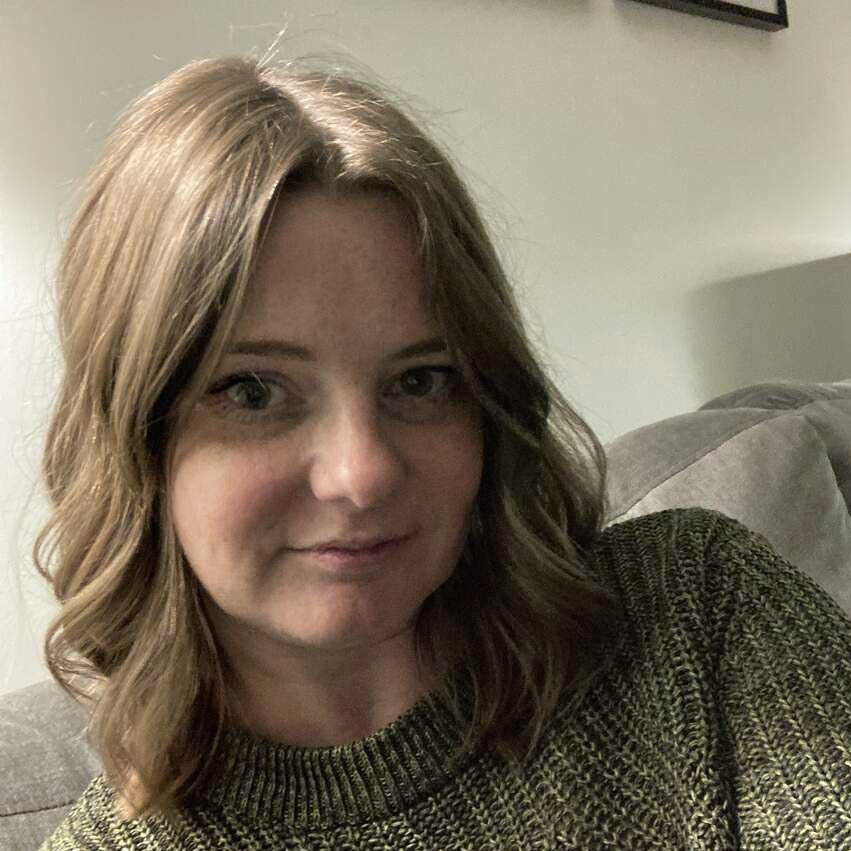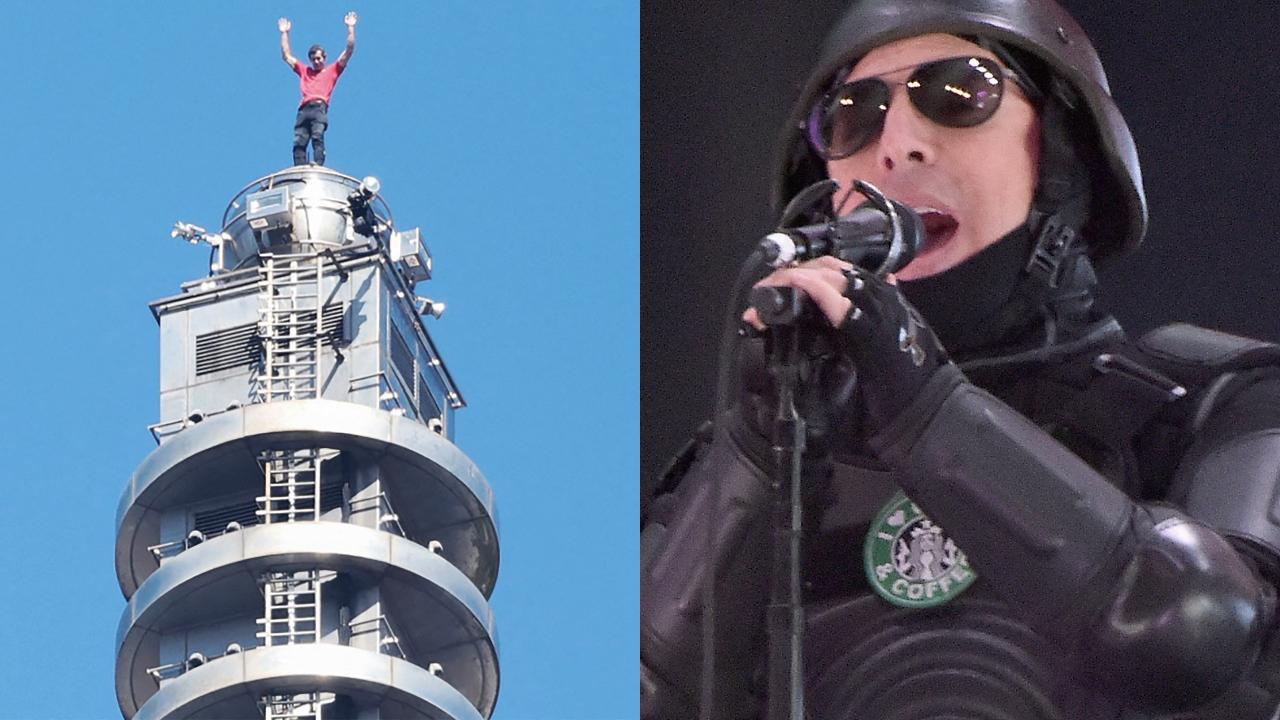Lifesigns in the beginning: the story of the band's debut album
Lifesigns began life a a trio that featured Nick Beggs and released their self-titled debut in 2013
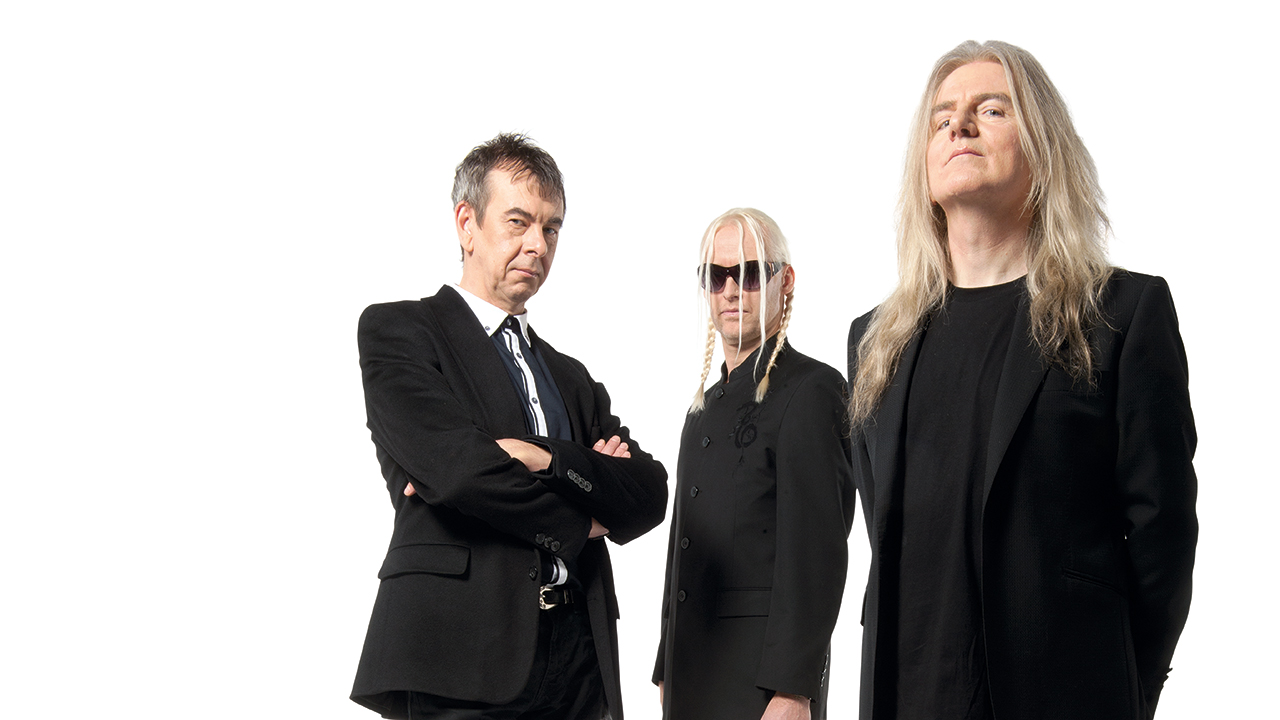
In these days of 24-hour rolling news, the global knitting circle that is Twitter and sneakily. shot video footage arriving on YouTube seconds after being filmed, it’s never been more difficult to keep a secret. Which is why it’s all the more surprising that the debut album by prog’s most well-connected new group has not only been kept under wraps during its six-year gestation period, but only a privileged few even knew about the band’s existence until recently. With their self-titled record ready to keep the progressive flame burning, Lifesigns could well be behind the world’s most leisurely overnight success. “We’ve all had other projects,” shrugs vocalist and keyboard player John Young.
But there’s a bit more to it than that. Between the three of them they have worked with everyone from The Scorpions to Steve Hackett and The Strawbs… and that’s before we even come to 80s pop phenomena Kajagoogoo and Cutting Crew. And yet their formation is more in step with The Archers than Spinal Tap, coming together in the Buckinghamshire village that Young calls home. When not on tour with his own John Young Band or prog behemoths like Jon Anderson, he’s been at home working on the solo project that morphed into Lifesigns, occasionally pausing to run it past his next door neighbour – and the “fourth member of the band” – producer Steve Rispin.
“I’d bang on his door and say ‘what do you think of this?’” he explains.
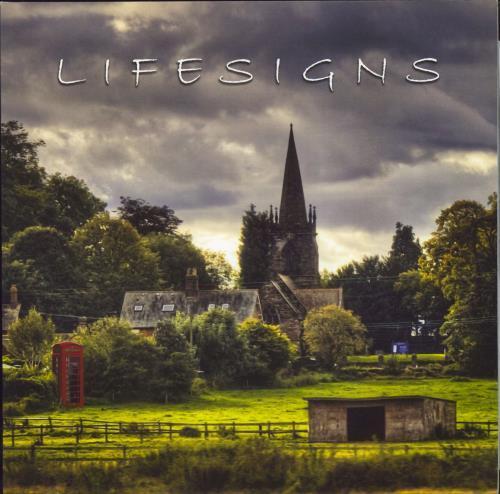
It soon became apparent that this ‘labour of love’ was destined to be more than a side-project, and so Young contacted bassist Nick Beggs (another local resident) and drummer Martin ‘Frosty’ Beedle, both of whom he’d known from the live circuit for years.
“Nick wasn’t really actively involved in the prog scene at that time,” says Young. “But he had always loved it. We’d go off for tea and cake and talk about all sorts of things. He has this verve and enthusiasm that just becomes infectious.”
Beggs’ career may have started in pop, via stints working as Bob Geldof’s A&R man and a successful sideline writing and illustrating a series of children’s books called Dangerous Potatoes (“To have 800 primary school children just hanging on your every word, it’s like doing an amazing solo,” he says with a smile), but his heart and soul belong to prog. And the feeling is mutual. In recent years he’s become the go-to bassist for Steven Wilson and Steve Hackett, and even risen to take the number two slot in the bass player category of this year’s Prog poll.
“We wanted to make a record that we would buy,” says Beggs. “That has all the influences that we loved.”
Sign up below to get the latest from Prog, plus exclusive special offers, direct to your inbox!
With Cutting Crew’s Frosty auditioning for the spot on the drum stool and “nailing it”, according to Beggs, the line-up was in place to get to work on their secret project, which the bassist happily admits pays tribute to the music dominating their record collections: Yes, Genesis, Emerson Lake and Palmer, Focus, solo Hackett. Camel’s influence is in there, with shades of Patrick Moraz and fusion players like Stanley Clarke and Jaco Pastorius. And yet there’s enough originality on display that their peers were lining up to appear on Lifesigns: Steve Hackett, Thijs van Leer, Jakko Jakszyk and Robin Boult all make cameos on the album.
“Nick’s always been good friends with Jakko, and he’s worked with Steve, so that’s the connection there,” explains Young. “I’d supported Focus on my own so I knew Thijs quite well. My first support was in the Robin in Birmingham. As I went up to do my soundcheck I looked down and Focus were eating their dinner in front of the stage. So I did the soundcheck, and as I was playing Thijs got up on the table and started dancing. We became firm friends from then on.”
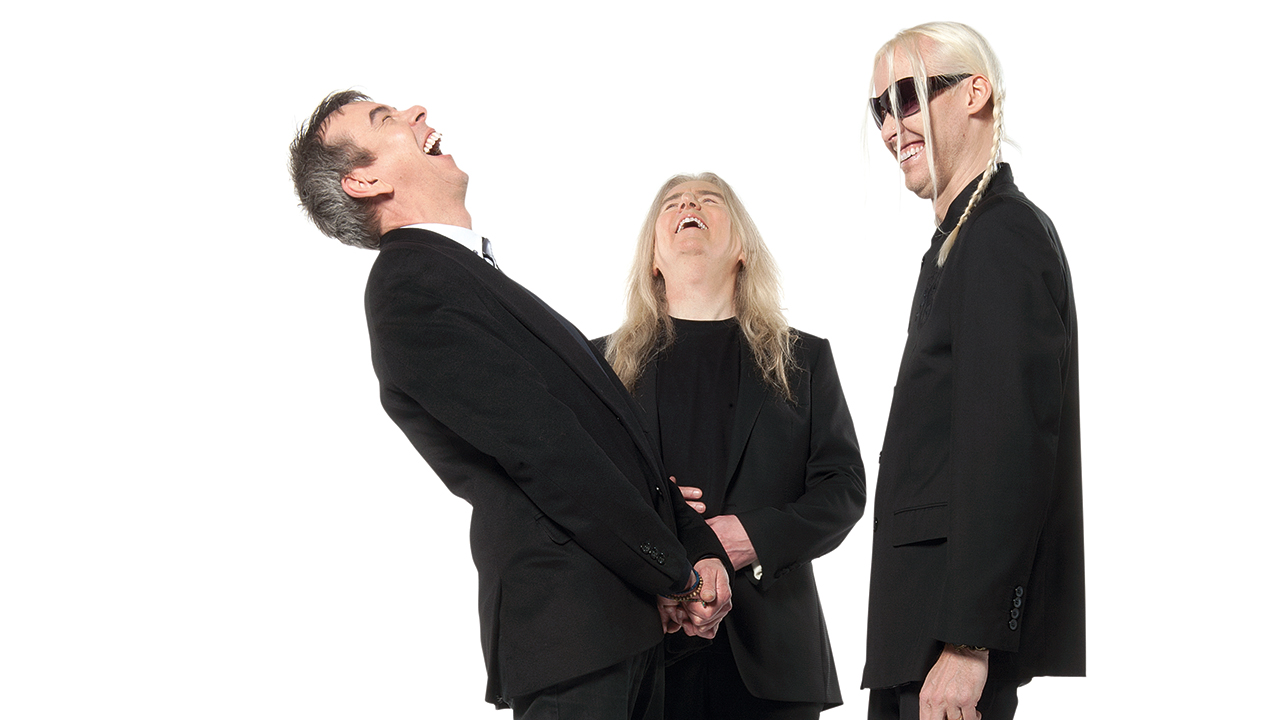
More than any other genre, it seems to be the norm within the prog scene for artists to have interconnecting careers. So the slightly nebulous nature of Lifesigns, who haven’t got firm touring plans at the moment because of the different members’ commitments, seems natural to them, as does collaborating with a wide range of people.
“It’s quite common really,” says Young. “I nearly joined Camel some years back, but I was working with The Scorpions. In the end there’s probably going to be a band with five people in it that are the last five left, they’ll all have track records that are amazing. I do enjoy working with other people, and I do enjoy what they can bring to the table, especially if they’ve got the skill and ability that is so obviously the case with Nick and Frosty.”
“I think it’s also very often to do with commerce,” adds Beggs. “If I had to play with one band I don’t think I’d be able to make a living. Within the prog genre, people are always looking out for likeminded people to work with. I’ve only really started to be seen as a prog musician in the last four or five years. Even though it was my first love, until I started working with Steve Hackett, nobody really saw me as a prog musician at all. I just think it goes hand in hand with the growing culture. Prog music is getting new and younger followers. Kids are turning onto Yes and Genesis and Rush, and rightfully so.”
With mainstream respect for the genre at a high it hasn’t seen for decades, the time might be right for Lifesigns. Ten years ago, they’d have fallen into a niche and found it hard to get out, drowned out by the heavier end of the scene dominated by the likes of Dream Theater. Now, a tip of the hat to the music’s roots is encouraged and cherished.
“It’s fantastic,” says Young. “If there’s something that the gods are lining up then great, I’m not going to argue. Somebody said to us that we were part of the new invasion of prog, and that’s fine!
“I think so much music is throwaway these days that it’s nice to do something that will be different every time you listen to it. You’ll pick out something new, there’ll be moment that lifts you up, there’ll be moments to bring a tear to your eye, moments to make you smile. I think a lot of prog these days is quite doomy and gloomy, and we didn’t necessarily set out with the idea but it became apparent as we went along that we could be quite positive. I’m hoping that will come through to the listener.”
As for the band’s hopes and aspirations for the future, well, they’re as wildly diverse as the history that’s gone into making them. With the three band members’ schedules filling up with other engagements in 2013, and the likelihood of their own tour fading due to those commitments, John Young’s ambitions for Lifesigns are modest but sincere.
“I’d love to play live,” he says. “We have no idea because we came from the leftfield. If you went back to the issue [of Prog] before this one nobody would know who we are. After six years we have suddenly come from nowhere.
“Someone in America once said to me ‘do you want to be famous?’” he continues. “And I said ‘no, I just want to be heard’. And I think that’s a mistake that a lot of people make these days. I think the importance is to be heard and understood and for it to mean something.”
But maybe he’s just being modest. Nick Beggs, for one, sees something much more ambitious in his own musical crystal ball.
“I’d like us to be a stadium band,” he says. “I would like us to sell huge amounts of records, for there to be a huge cry for us to perform live, to justify the amount of effort that’s involved in putting a live show together, and to go on to make more records and have a very long career with it. It’s certainly been a lot of fun.”
And this sense of making music for its own sake, creating something they love, has clearly infected the whole band.
“I really like the name,” says Beggs, contentedly. “It’s almost like a little glimmer of light coming from somewhere, a life sign, something we all hold out for somehow.”
This article originally appeared in issue 34 of Prog Magazine.
Emma has been writing about music for 25 years, and is a regular contributor to Classic Rock, Metal Hammer, Prog and Louder. During that time her words have also appeared in publications including Kerrang!, Melody Maker, Select, The Blues Magazine and many more. She is also a professional pedant and grammar nerd and has worked as a copy editor on everything from film titles through to high-end property magazines. In her spare time, when not at gigs, you’ll find her at her local stables hanging out with a bunch of extremely characterful horses.
